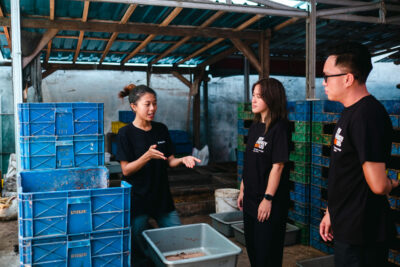
Rainy Putri with Ima Rida, co-founder of Magi Farm at Magi Farm Centre.
Rainy Putri, Program Manager at New Energy Nexus Indonesia, reflects on the barriers women entrepreneurs face in Indonesia’s climate tech sector.
—
I will never forget the day Mbak Nimas, CEO of BLUE (Warung Energi), walked into our office for a check-in meeting, her young son quietly walking beside her. While he might not have understood the significance of the moment, one thing was clear: his mother was doing something extraordinary.
Warung Energi, founded by a group of young innovators, is more than just a shop. It not only provides environment-friendly technology products and services at competitive rates but also bridges islands across Indonesia with accessible renewable energy solutions. With a mission to make clean energy available across generations, Warung Energi is driving a future where sustainability is within everyone’s reach. In that simple gesture, Mbak Nimas was not only shaping a more sustainable future; she was showing him, firsthand, what it means to lead, to innovate, and to leave the world better for the next generation.
As a woman in climate and clean energy, I don’t just witness these moments, I live this reality everyday. The women I have met, and the stories I have been privileged to be part of have reminded me why this work matters, despite the many challenges that often go unspoken.
Women are leading businesses, pioneering solutions, and driving change—not just for themselves, but for entire communities. However, despite the progress, the reality remains: the world isn’t built equally for men and women. The barriers we face; access to funding, leadership roles, and decision-making spaces, are not due to a lack of capability but systemic biases that continue to hold many of us back. Yet, still, women persist.
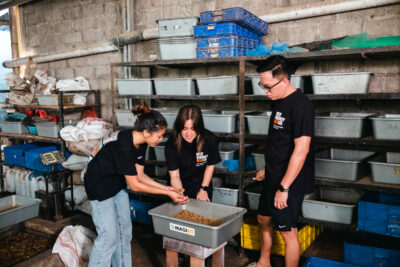
Rainy Putri with Ima Rida, co-founder of Magi Farm at Magi Farm Centre.
I think of Mbok Ima from Magi Farm, who inspires me with her work using black soldier fly bioconversion to tackle landfill waste, cut methane emissions, and create a healthier environment. Her work goes beyond food waste reduction, it’s about creating new possibilities for sustainable tourism. With the support of male allies like Bli Soma, they keep me grounded in the fact that male allies matter, that real progress happens when everyone is involved.
Then there’s Mbak Almira from Bionersia, who continues to push for climate action while navigating life as a new mother. Even with a newborn in her arms, she’s leading innovations in biogas technology, bringing cleaner energy solutions to locals in Surabaya.
And Mbak Nafi from Crustea, who is traveling across Indonesia and beyond to spotlight the challenges shrimp farmers face in areas with little access to electricity. Through her work, their voices are finally being heard in the global climate and clean energy space.
These women are redefining what leadership in this space looks like. But their success isn’t just theirs alone. It’s made possible by the allies who choose to support them.
Why gender-inclusive climate solutions require collective support
Helga Tjahjadi, CEO & Co-Founder of Burgreens & Green Rebel, once shared her experience of fundraising while pregnant. Some investors questioned whether maternity leave would slow down her business. But with the right allies, angel investors and venture capitalists who believed in her; she secured funding before giving birth and ensured her business stayed on track. As she put it: “Women have more support now, but there’s still work to be done for investors to fully recognize the value female founders bring.”
Samantha Tedjosugondo from Sweef Capital echoed this sentiment, emphasizing that while risks exist, what truly matters is how they are managed: “We admire founders who acknowledge challenges and actively tackle them. Risks come with opportunities, and strong leaders know how to navigate both.”
But gender bias isn’t just present in investment meetings; it’s also present in communities and cultural norms.
The two years I’ve spent running the Matangi Bali initiative has made me more aware of the everyday realities of patriarchy, subtle yet pervasive barriers that many overlook but deeply affect women’s lives. Have you ever walked into a village meeting and noticed it’s entirely men? Not because women are uninterested, but because there is no seat at the table for them, left without a voice in decisions that shape their families, livelihoods, and futures. Have you ever heard a journalist say they refuse to interview women because “women talk too much”—as if our voices, our experiences, our knowledge, are something to be dismissed rather than valued?
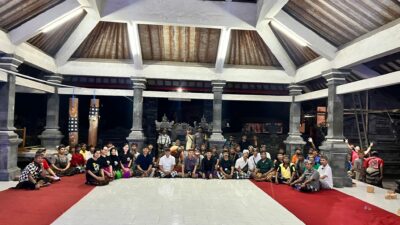
The NEX Indonesia program team attends a village discussion in Desa Beng with Griya Luhu before launching their organic waste management collaboration, supported by New Energy Nexus.
I have. These stories are not just something I read online. They are constant reminders of why I do what I do.
Women continue to face barriers that are recognized but not acknowledged, limiting their full participation. Access to funding, leadership roles, and decision-making spaces remains uneven. Not because of a lack of capability, but because of systemic biases. Policymakers must create inclusive energy policies. Investors need to back women-led solutions. And communities should foster an environment where women’s leadership isn’t the exception; it’s the norm.
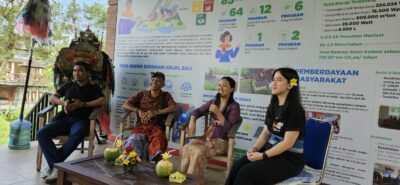
Rainy Putri with Desa Adat Keliki representatives; NEX Indonesia held Jelajah Inovasi Iklim at Desa Adat Keliki, inviting young people to understand sustainable waste management practices (TPS3R) in Desa Adat Keliki (Keliki Village), powered by solar energy.
Looking ahead: Big plans ahead for Bali
This year, we’re doubling down on our commitment to clean energy and climate innovation—rooted in a localized approach that truly resonates with Bali. Beyond exploring new ways to showcase its economic potential, we’re taking a holistic, ecosystem-wide approach. That means, equipping Bali-based young journalists to bring climate stories to the forefront and working with policymakers to turn Bali’s Net Zero vision to reality. Sustainability is not just necessary, it’s an opportunity, and we’re making sure it’s one that benefits everyone.
I’m especially excited about the entrepreneurs we’ll be supporting in 2025. We’re committed to supporting 10 innovators to turn their ideas into lab-scale prototypes through capacity building and funding. On top of that, we’re thrilled to announce we will be supporting 2 later stage businesses/startups in scaling their innovations for real community adoption here in Bali.
Our challenge statement remains “Advancing Sustainable Tourism with Low-Carbon Innovation and Climate Entrepreneurship” a commitment we stand by fully. More than ever, we want to see local innovators leading the charge, shaping a future where sustainability and innovation go hand in hand.
Looking for inspiration? Watch below to see the pilot adoptions we supported last year!
Elevating women and diverse entrepreneurs
Of course, it’s not just Bali we’re thinking about. We’re here to support more diverse entrepreneurs across Indonesia who are ready to lead and innovate.
To get you on your feet, I’m thrilled to give you a glimpse of what’s coming next!
For women entrepreneurs and diverse innovators in Indonesia, an acceleration program is on the horizon, designed to take you to the global stage, because your businesses deserve to be seen and heard. But that’s not all: we’re also rolling out a capacity-building program designed for businesses led by women, people with disabilities, and those beyond metropolitan Jakarta. This is about turning ideas into action, giving you the tools to bring your vision to life through pilot projects that create real impact.
The stage is set, and big things are coming. So as we celebrate International Women’s Day today, I hope you’re just as excited as I am for what’s ahead.
When we integrate gender, diversity and social inclusion perspectives into climate action, we don’t just make the transition fairer; we commit to make it stronger. Going above and beyond to improve livelihoods, strengthen local economies, and build long-term climate resilience. Real change doesn’t happen in isolation, so instead of fighting for a seat at the table, women and diverse leaders should already be there; leading, innovating, and shaping the path forward.
So, whether you’re an entrepreneur, an investor, a policymaker, or simply an ally, the question is: What role will you play in building a more inclusive clean energy future?
Happy International Women’s Day! Here’s to the extraordinary grace and resilience to women everywhere. Wishing you the courage to challenge gender norms, surpass every expectation and embrace small successes.
![3ge first winner of nex's indonesia [re]power energy policy hackathon 00](https://www.newenergynexus.com/wp-content/uploads/2024/09/3GE-first-winner-of-NEXs-Indonesia-REPower-Energy-Policy-Hackathon-00-400x267.jpg)
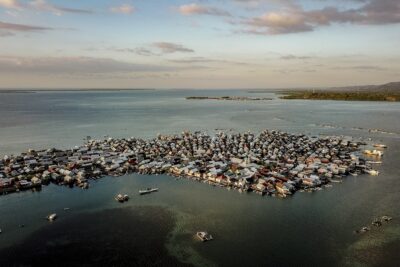
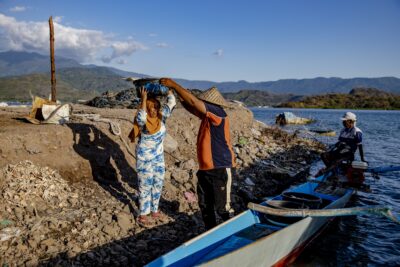
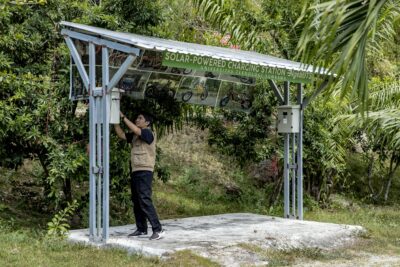
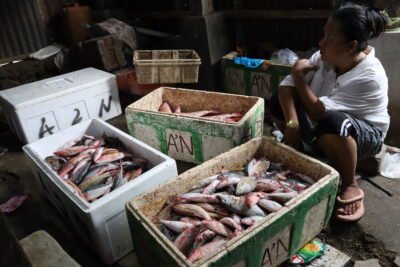
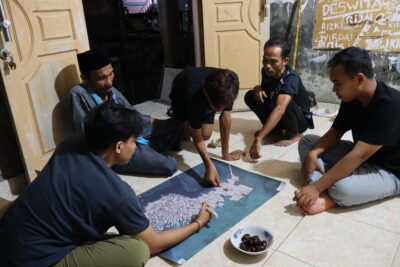
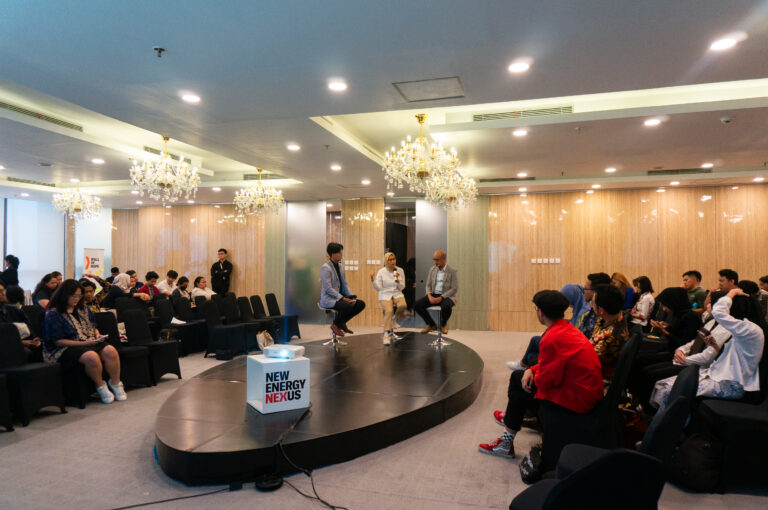

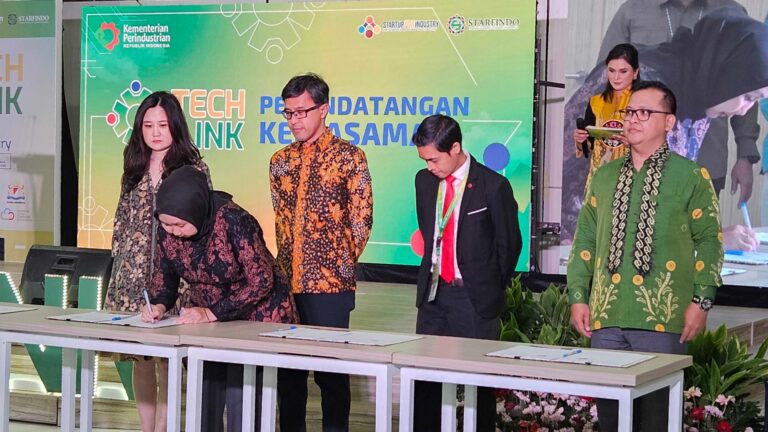
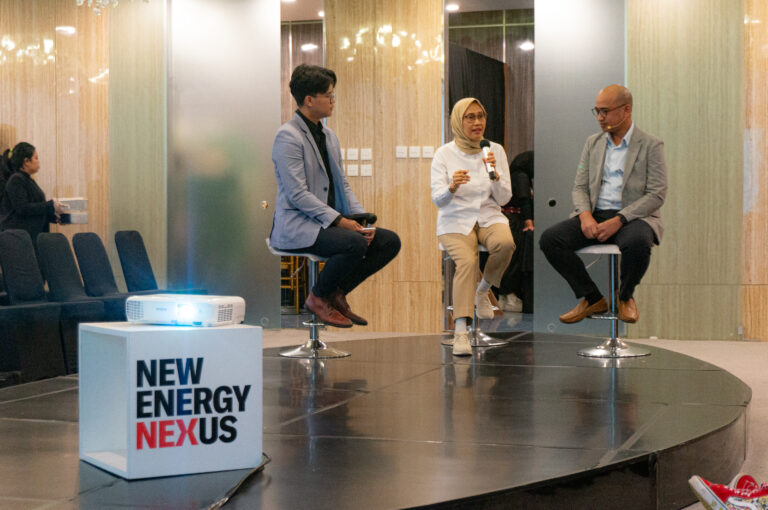
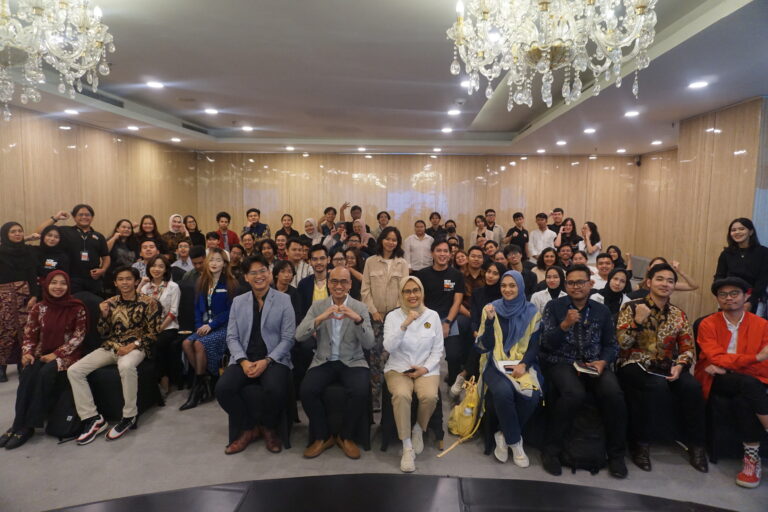
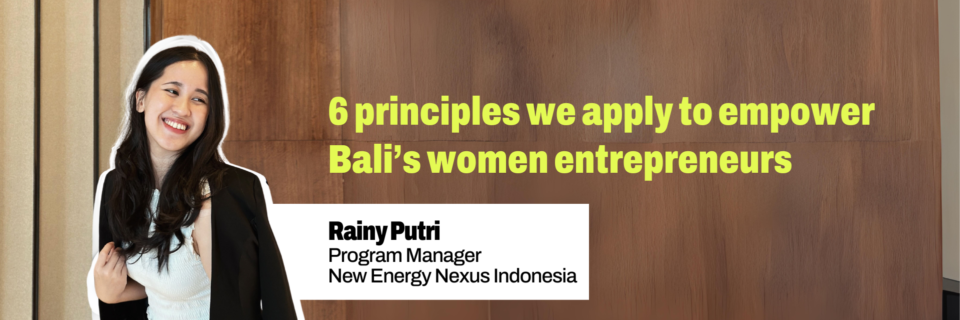
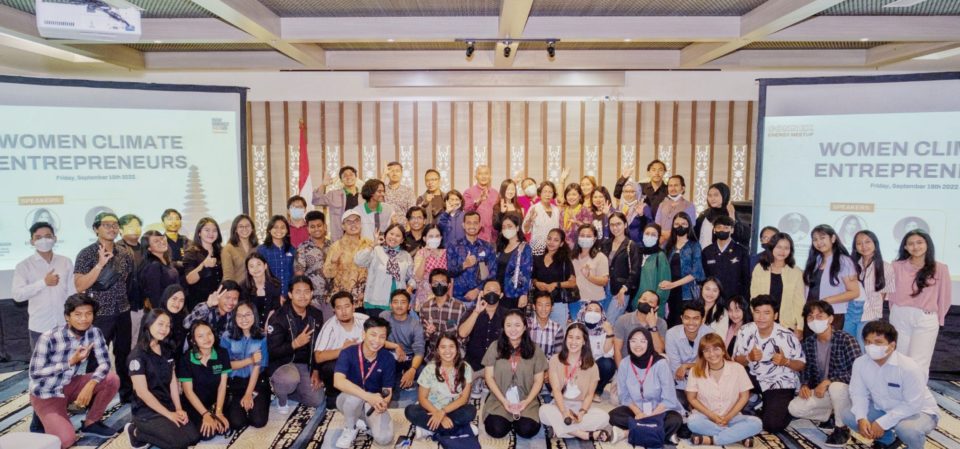
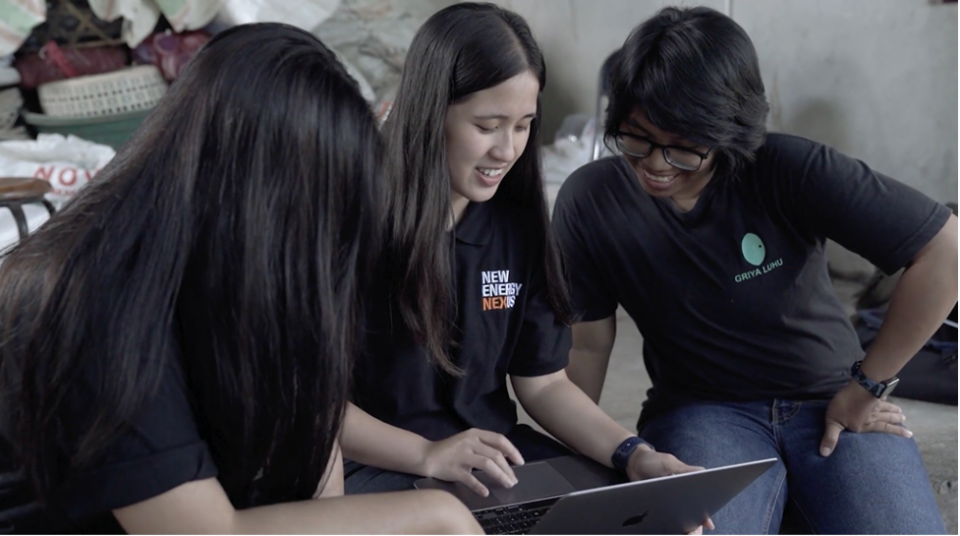
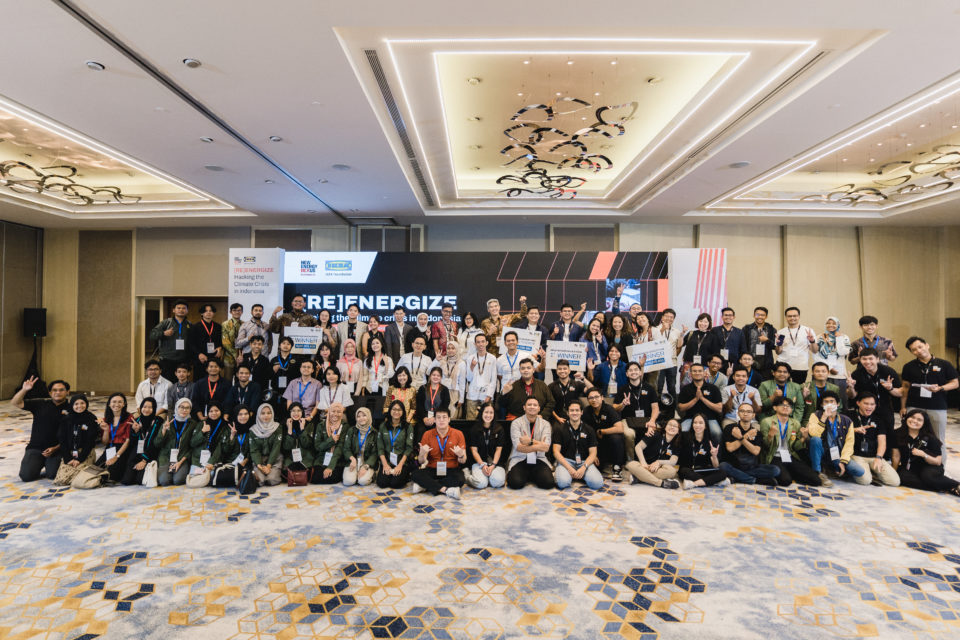
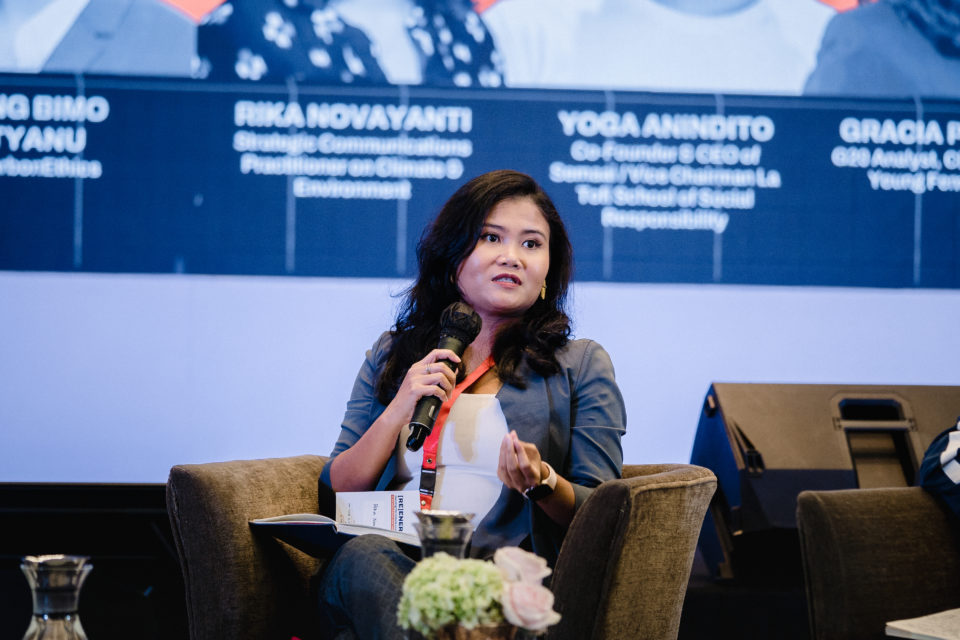
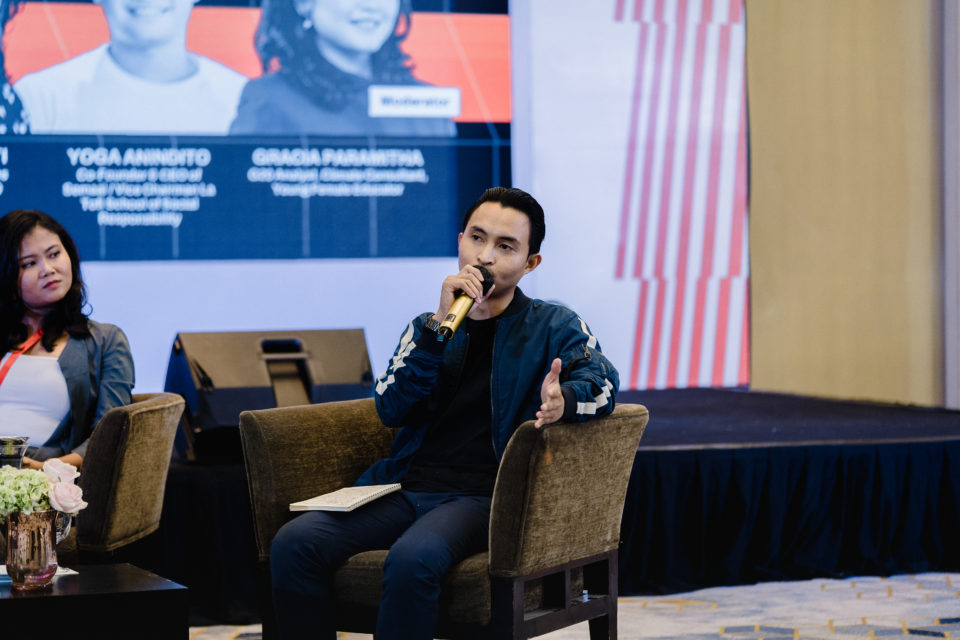
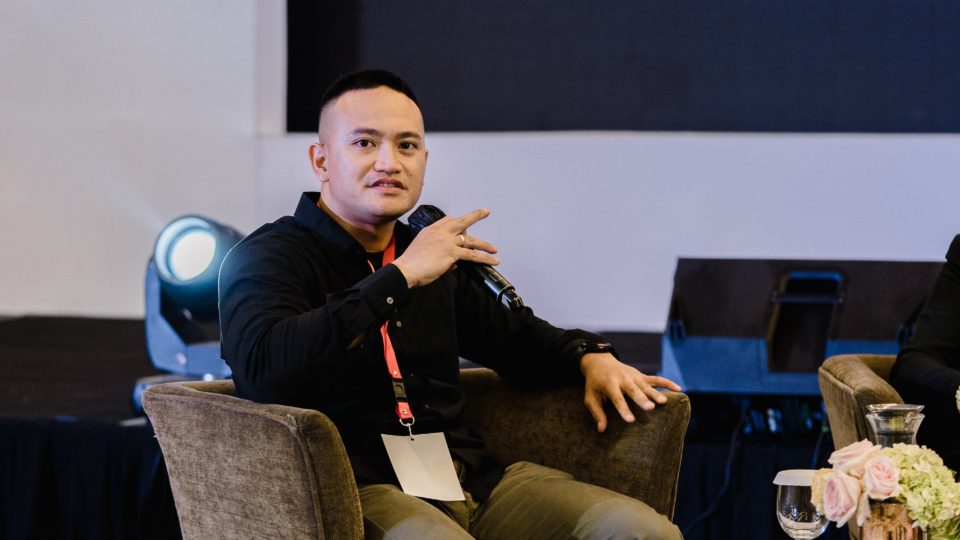
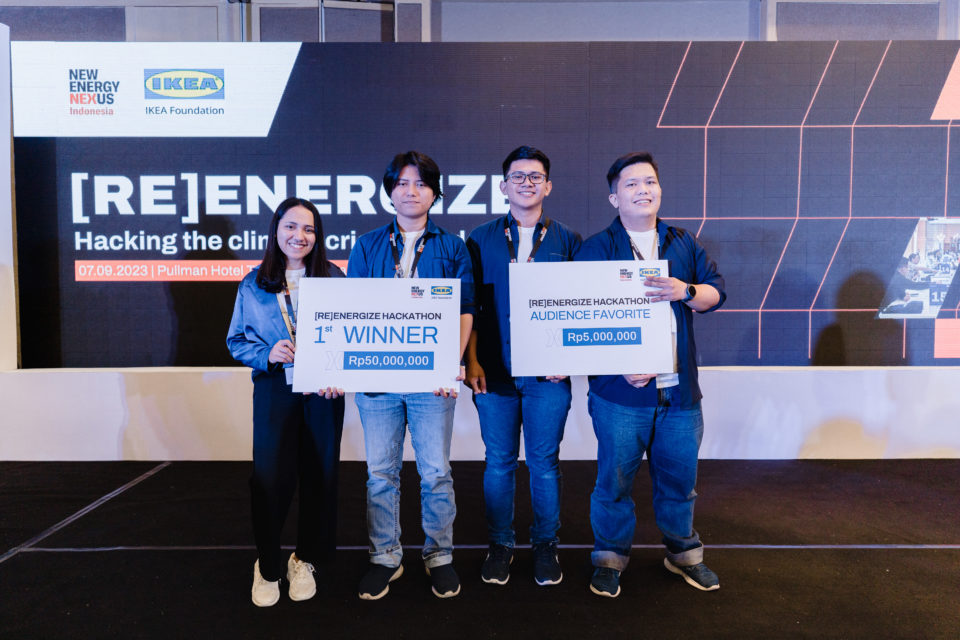
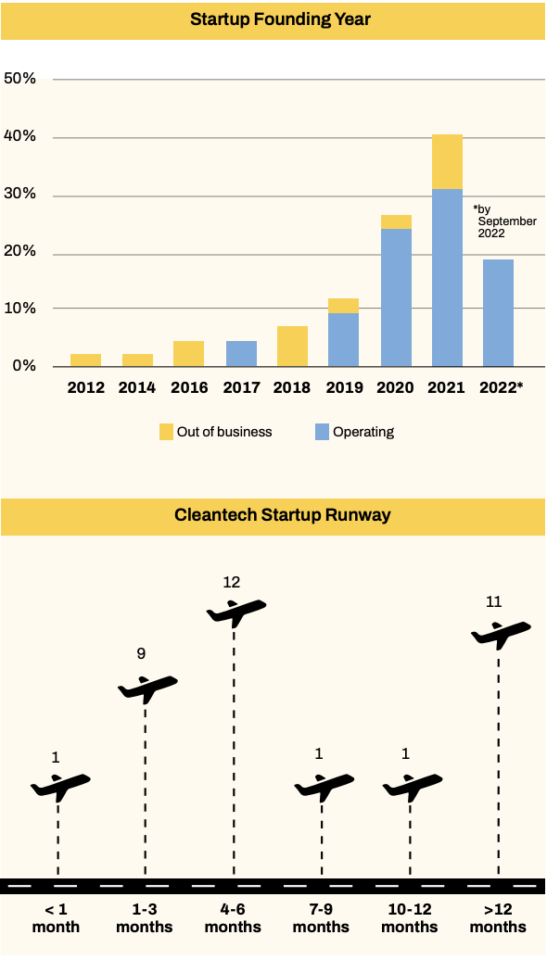 Government support is crucial given that the majority of cleantech startups in Indonesia are still in the early stage of development, and often struggle to obtain support and funding for their technology and business.
Government support is crucial given that the majority of cleantech startups in Indonesia are still in the early stage of development, and often struggle to obtain support and funding for their technology and business.